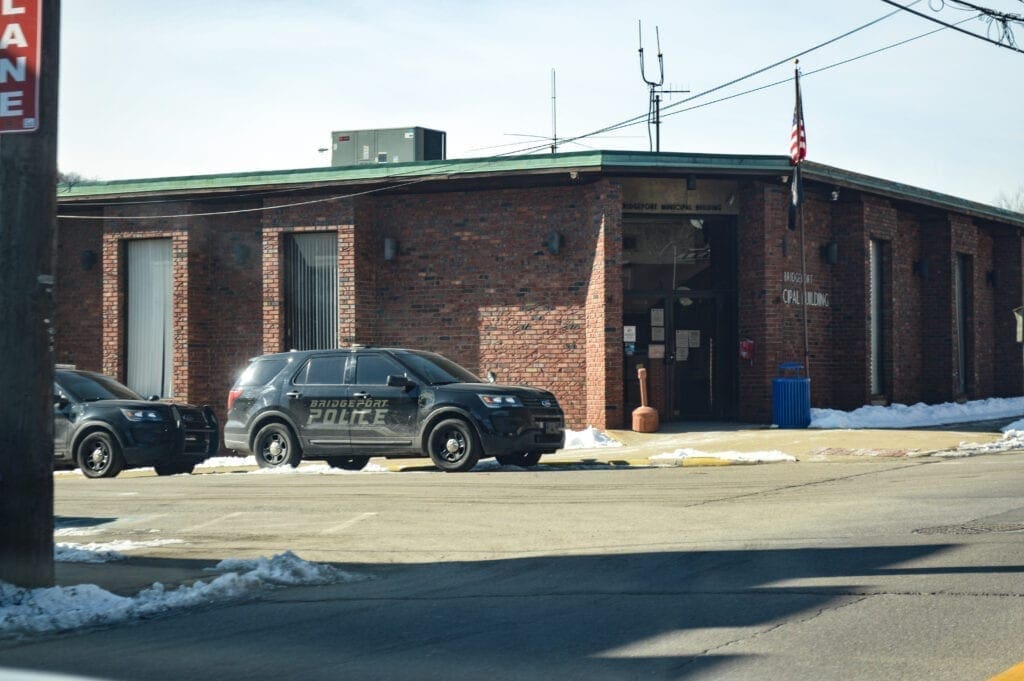The year was 2016, and the impossible took place in the Great American Town of Bellaire, Ohio.
No, the toll bridge that once linked the village to Benwood, W.Va., did not miraculously reopen, but something nearly as amazing did even though Bellaire’s Bill Schmidt Jr. had plenty of doubters. On Nov. 8 less than five years ago, voters approved the adoption of an ordinance that permitted individuals to possess as much as 200 grams of marijuana without facing any related charges.
In other words, Schmidt guided the effort to decriminalize weed, and now he has set his sights on several other communities on both sides of the Ohio River.
“There are a bunch of people I love in Martins Ferry, and that includes Ohio’s first medical marijuana patient, Joanle Caleodis,” Schmidt said. “We decriminalized marijuana in Bellaire five years ago, and I feel it’s time to start spreading it throughout this Valley. It’s about protecting the people that I like and love outside of Bellaire at this point.
“Everyone in this valley needs to benefit from what I know how to do, and that is to campaign while educating the people who are unsure that it’s the best thing for their respective community,” he explained. “So, we are getting started in Martins Ferry and also in Bridgeport, and it was something I wanted to do anyway. I hope to do this town-by-town here in the Valley on both sides of the river.”

Valid John Hancocks Needed for Decriminalization of Marijuana
Schmidt and his volunteer colleagues distributed petitions to other Bellaire residents interested in helping the movement, and the number of valid signatures was determined by the total of voters who cast ballots in the most previous gubernatorial election.
Approximately 4,100 residents lived in Bellaire in 2016, and about 50 percent were registered voters at the time. That meant less than 100 verifiable signatures were needed.
“Yeah, there were people who thought it would never happen,” Schmidt recalled. “But we did it and, the negative predictions that some people made never came true.”
So, now that the coronavirus pandemic has eased thanks to vaccinations and a year’s worth of education, Schmidt has spread his wings a bit.
“I would have made these efforts sooner, but now I have the time, more money than before, and enough volunteers to get this job done,” explained the owner of The Holistic Cloud. “We also have turned in our petition for Powhatan Point, and we already have 39 of the 49 valid signatures needed there. In Martins Ferry, we need a total of 183 valid signatures, and we have approximately 100 of those already.
“In Bridgeport, we need 54 valid signatures, and we have collected 35 of those there, so we’re moving right along with these efforts,” Schmidt continued. “In the next week or so, I’m planning to have events in those communities to collect even more and to meet with many members of those communities. We will have a rally at Martins Ferry’s Fodor Memorial Park this coming Tuesday (May 11) that will start at Noon, and we’re hoping people from Bridgeport will come, too.”

It Is Only a River
To this point, Schmidt has assisted successful marijuana decriminalization campaigns in 22 communities for 3 million residents across Ohio. He also had a voice with the development of House Bill 210, proposed legislation that, if approved, would decriminalize marijuana in all 88 Buckeye State counties, and permit home grow, too, for as many as 12 producing plants at a time.
He did launch a “Sensible Wheeling” campaign in 2017, and around 10 interested residents attended a meeting at River City in downtown Wheeling. Schmidt, however, instead turned his attention to his business, The Holistic Cloud, in Bellaire.
“Guy’s got to eat, you know? But, hey, I am still working on Wheeling because I really want the people in that city to have that freedom just like we have in Bellaire,” he explained. “I feel we have gained more momentum and certainly many more volunteers the last couple of years, so I feel we’re prepared to get approval from the voters in the city of Wheeling.
“We’re going to continue spreading this effort up and down the river on both sides because both of the states have taken their good old time get the medicinal programs off the ground,” he said. “Ohio is now operating its program, but West Virginia still is not fully operational and just seems as if no one cares. If they have a family member, though, who needs that medicine, they would care much more than apparently they do now.”

